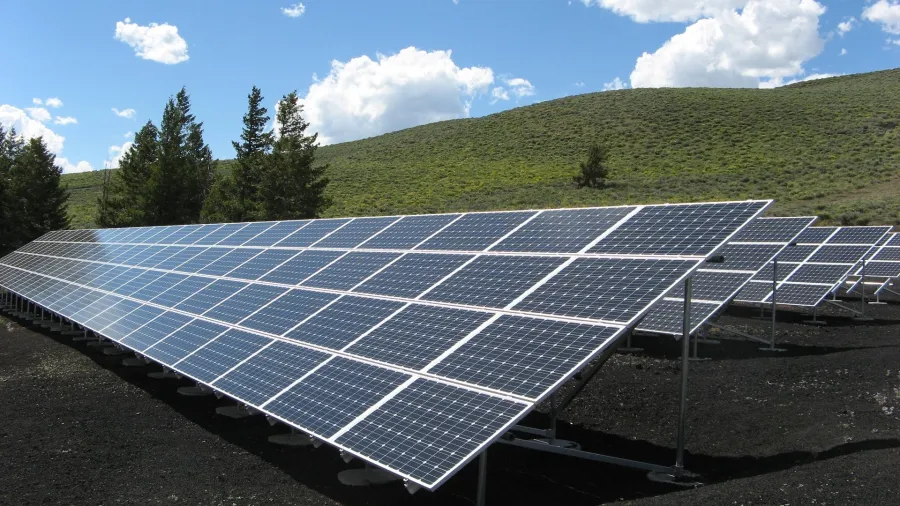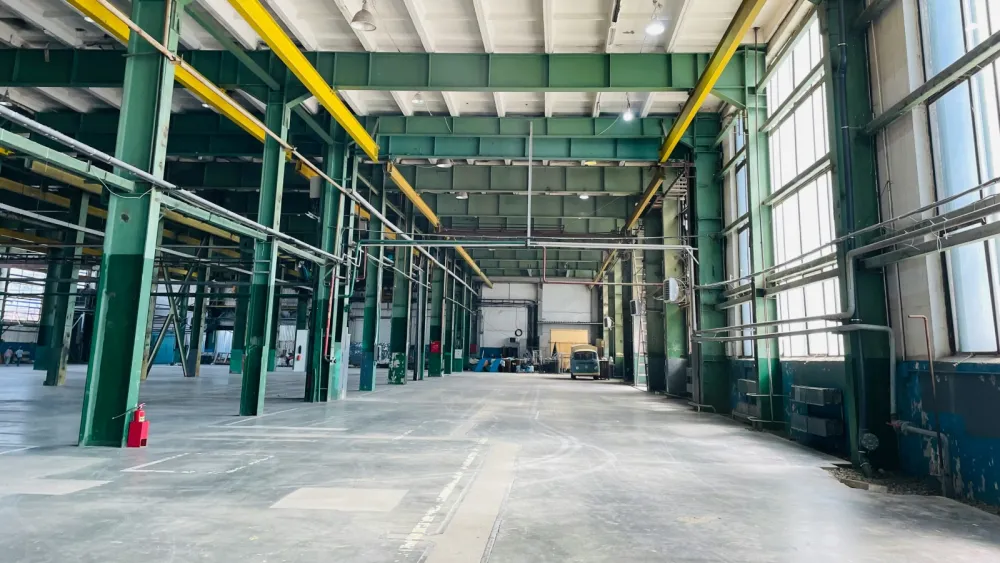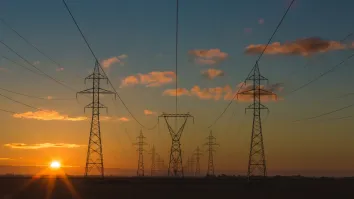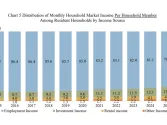
EDPR Sunseap acquires 2 solar projects in Vietnam
The two projects have a total capacity of 255MWp.
EDPR Sunseap has completed its $284m purchase of two solar photovoltaic projects in Vietnam from local renewable energy developer Xuan Thien Group, considered to be the company’s largest utility-scale solar investment.
In a statement, EDPR said the two projects have a total capacity of 255-megawatt-peak and are under a 20-year power purchase deal at $93.5 per megawatt hour.
This will double the company’s operational capacity in Vietnam, EDPR said.
READ MORE: EDP Renewables, Sunseap close $1.1b acquisition deal
“The deal will help to accelerate the energy transition in Vietnam and the surrounding countries and EDPR Sunseap is committed to bringing in global know-how and leveraging Singapore’s strengths as a regional business hub to achieve our mission of creating a decarbonised and electrified world through clean, affordable and reliable energy,” said EDPR Sunseap Executive Chairman Pedro Vasconcelos.
EDPR Sunseap aims to manage over 2GW of installed capacity by 2025.


















 Advertise
Advertise






